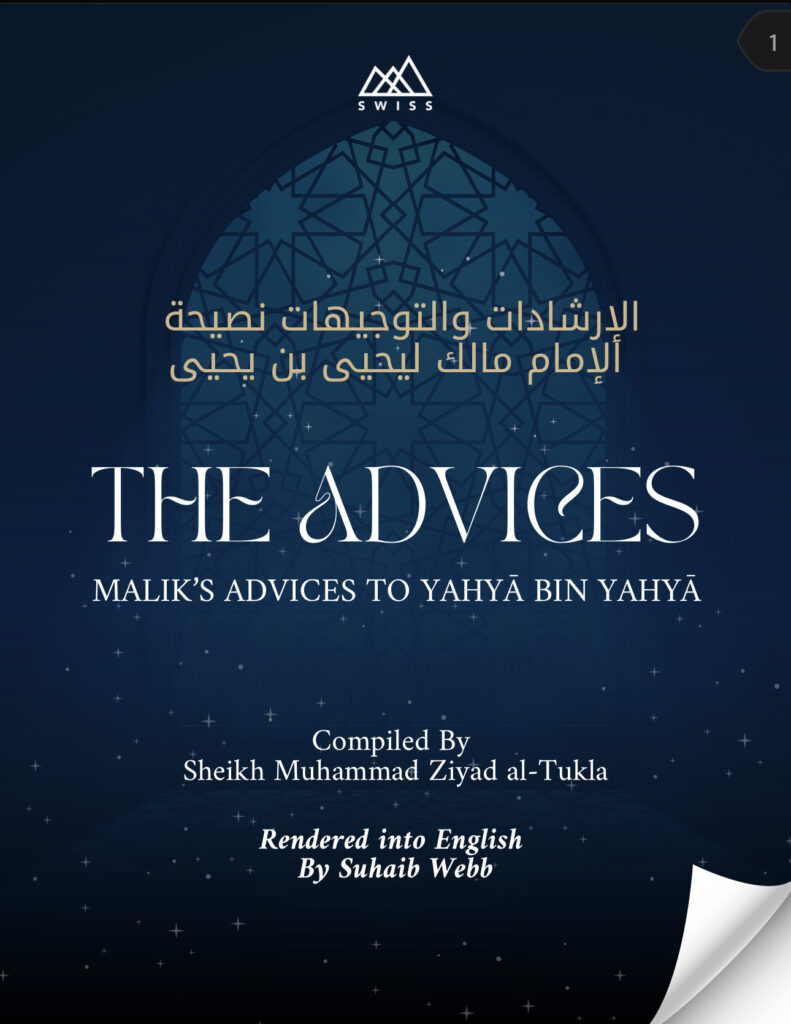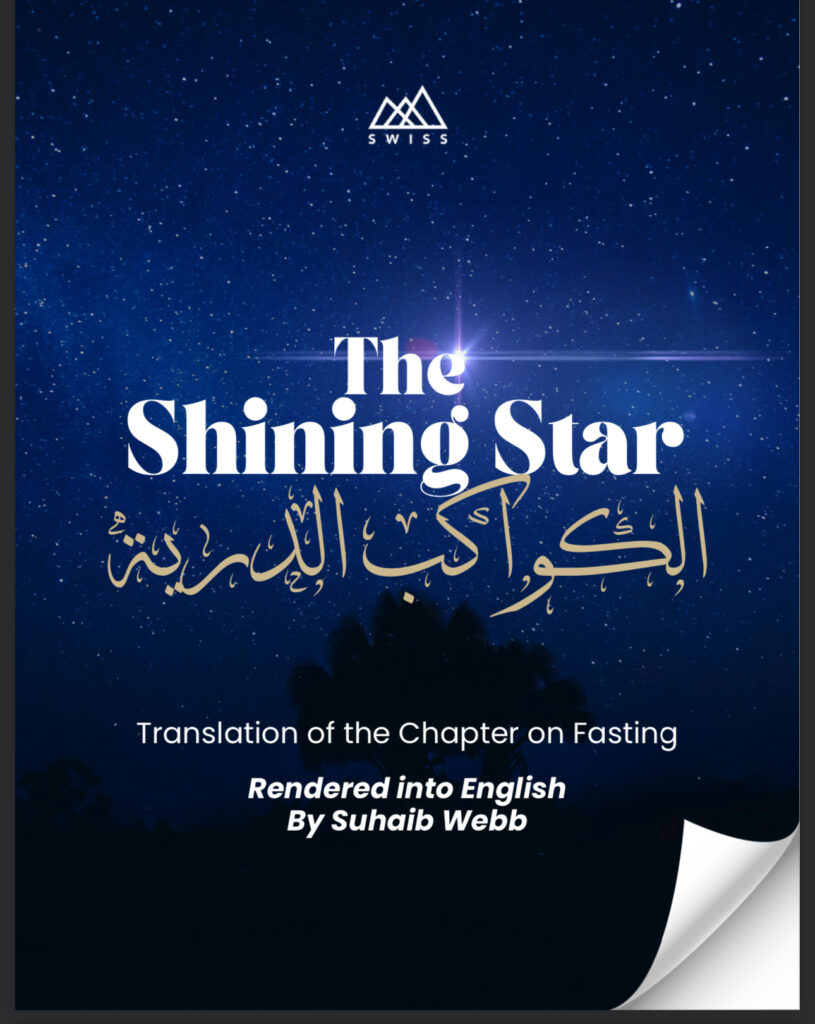On the Quality al-Qidam
Some passionate Muslims have contested the use of the term “pre-eternity” (Ar. Qidam) by many Muslim theologians, claiming it’s not a designated name of God and hence inappropriate because God’s names are specified by revelation.
This objection is weak for two reasons:
- Hadith Evidence: Abdullah ibn Amr ibn al-‘As reported a hadith where the Prophet Muhammad, upon entering the mosque, would say,
قال أعوذ بالله العظيم وبوجهه الكريم وسلطانه القديم من الشيطان الرجيم
“I seek refuge with Allah the Great, with His Noble Face, and His Eternal Dominion from the accursed devil.”
This hadith, which mentions God’s “Eternal Dominion,” signifies an attribute without beginning, applicable not just to God’s dominion but essentially to God Himself.
- Theological Clarification: The term “pre-eternity” is not claimed to be one of God’s names that would require textual specification (tawqifiyya); rather, it’s an attribute. There’s no issue in attributing this quality to God as long as it doesn’t imply imperfection and is agreed upon by Muslims in its meaning.
- The flexibility in using qualities to describe God was practiced by some of the Salaf (early generations of Muslims). Imam al-Tahawi, about a thousand years ago, articulated in his creed about Allah:
قَدِيمٌ بِلَا ابْتِدَاءٍ دَائِمٌ بِلَا انْتِهَاءٍ
“He is pre-eternal without beginning, everlasting without end.”
Thus, Imam al-Tahawi utilized these descriptions without any notable objection

On The Tarawih Controversy
A simple, unedited translation of al-Sayyid ‘Allawi’s essay on the real lessons we should take from tarawih.
“This inclusive approach to the sunnah reflects the mercy and flexibility inherent in Islamic teachings, allowing Muslims to connect with their faith in a way that is both authentic to the prophetic example and adaptable to the realities of their own lives. It underlines the importance of scholarly interpretation and the need for Muslims to engage with the teachings of Islam in a thoughtful, informed manner, guided by the knowledge and wisdom of those who have dedicated their lives to studying the religious texts.”

Imam Razi On Knowing Allah
Imam al-Razi comments on the Quran, 2:40:
“Those who deeply know Allah ﷻ said, ‘Many are the slaves of blessings, but few are the slaves of the Bestower.’ Allah, the Exalted, reminded the Children of Israel of His blessings upon them, and when it came to the community of Muhammad ﷺ, He reminded them of the himself, the Bestower, saying: ‘So remember Me; I will remember you.’ Quran 2:152.’
This indicates the blessings of the community of Muhammad ﷺ over all other communities.”
Added, we acknowledge Allah as the bestower in Sura al-Fatiha: “Those you favored.” Hence, we are reminded in prayer to move beyond a material defnition of blessings to one rooted in knowing Allah and worshipping him ﷻ







